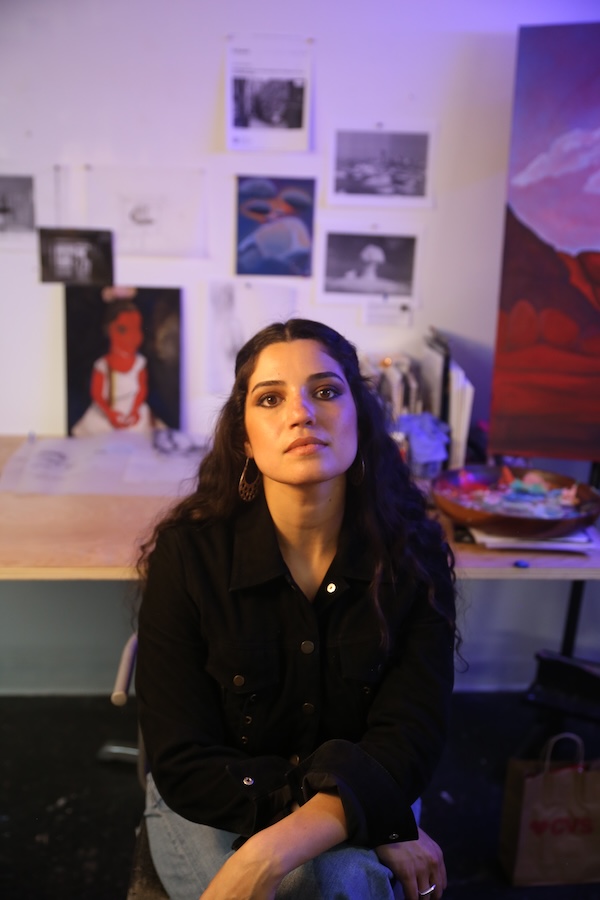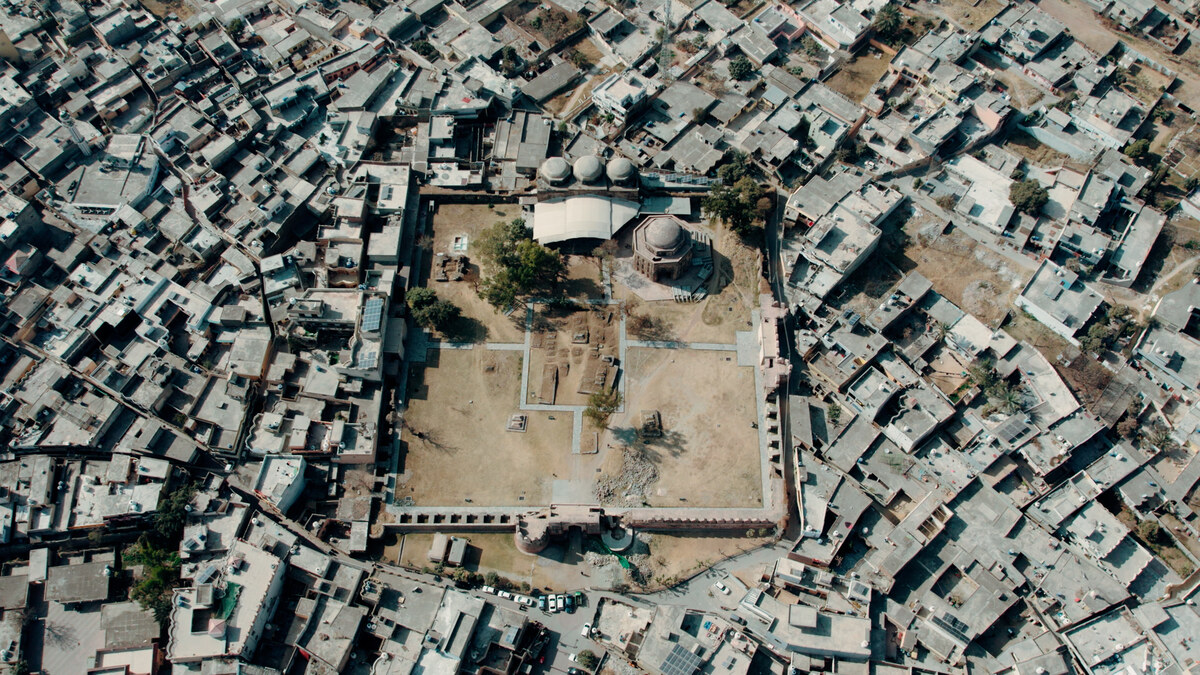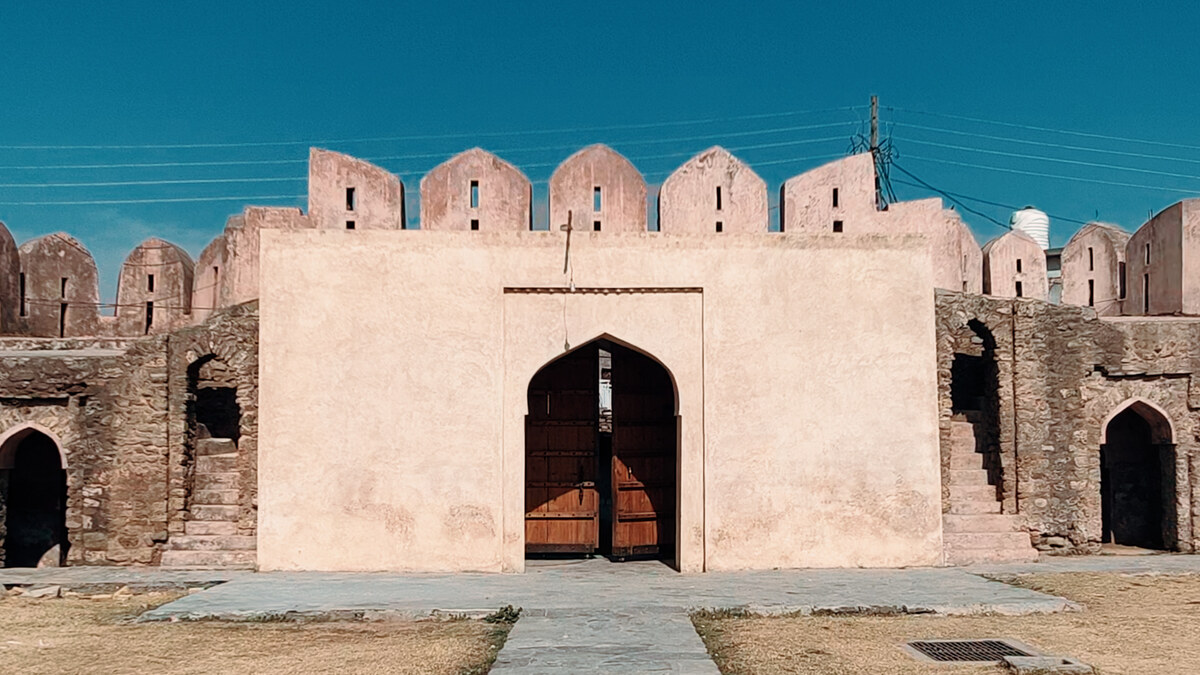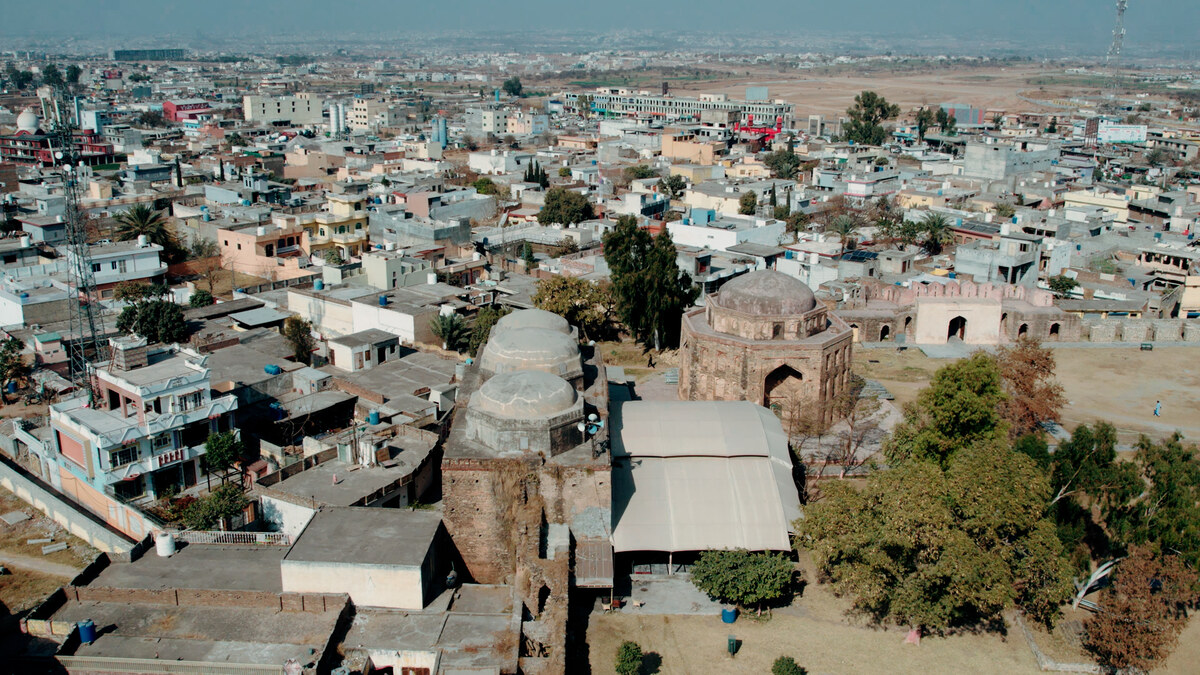DUBAI: The Arab Film Club, a monthly gathering in London celebrating Arab cinema, launched a podcast on May 1.
Spearheaded by the club’s founder, Sarah Agha, an Irish Palestinian actress and writer, the inaugural five-episode season of the interview-based podcast will focus on Palestinian filmmakers and cinema’s role in cultural resistance.
The debut episode features Darin J. Sallam, director of “Farha,” Jordan’s Oscars entry in 2022. In other episodes, Agha interviews Lina Soualem, (“Bye Bye Tiberias”), Ameen Nayfeh (“200 Metres”) Annemarie Jacir (“Wajib”) and Farah Nabulsi (“The Teacher”).
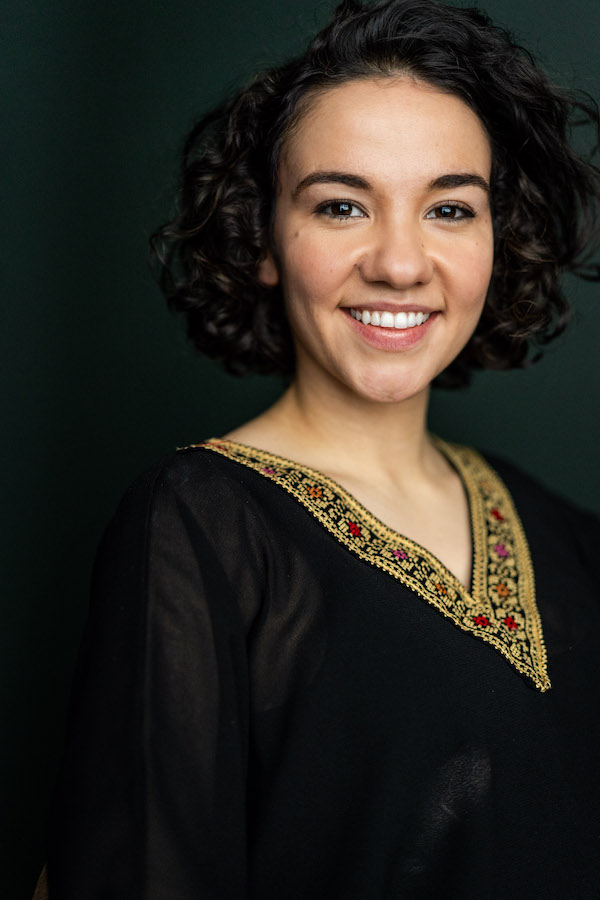
Sarah Agha is an Irish Palestinian actress and writer. (Supplied)
Agha told Arab News, “It is so urgent right now to do anything and everything we can to keep talking about Palestine. So I thought, ‘Why not do some interviews with some of my favorite Palestinian directors and put them online so everyone can listen to them?”
Reflecting on Sallam’s episode, Agha highlighted the transformative potential of cinema. “She is linking educational talks with her film, and I do believe her film is like a tool of change,” the presenter said.
Agha said she found Soualem’s documentary particularly intriguing, due to its departure from the scripted films typically showcased at the Arab Film Club.
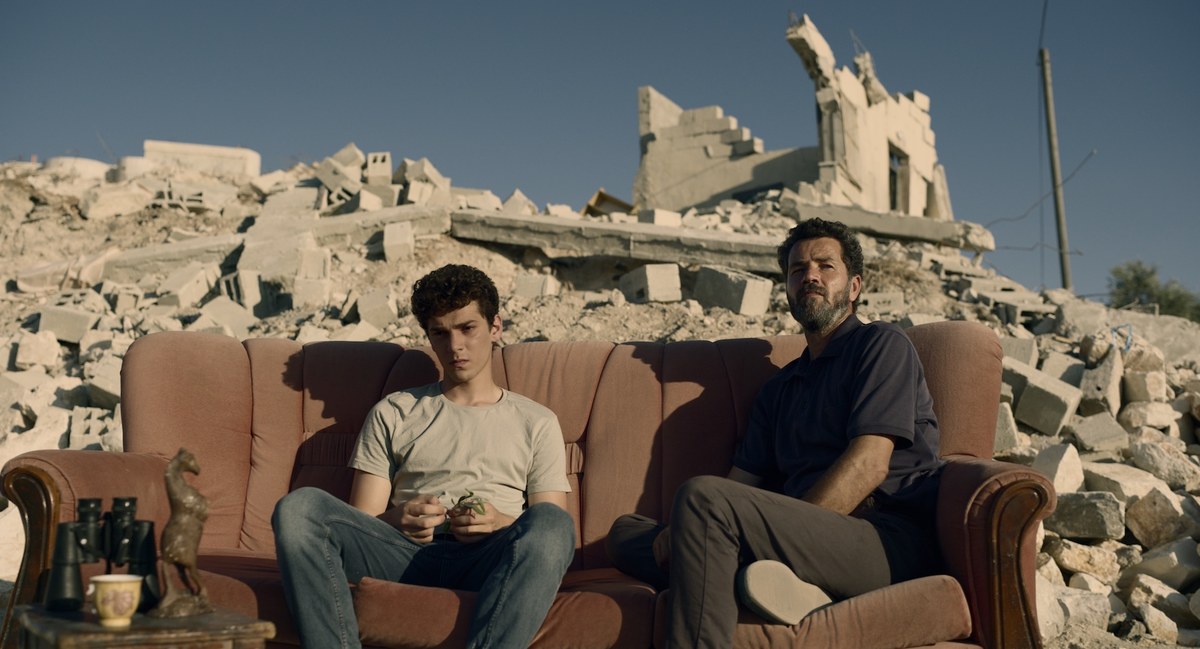
“The Teacher” by Farah Nabulsi. (Supplied)
“I wanted to make an exception for Soualem’s film because it’s another portrayal of the Nakba, but in very different terrains — like, totally different,” she explained. “My father is from Tiberias, so I was also attracted to it for that reason.”
Agha believes her podcast is launching at a time when Palestinians are being censored in the arts.
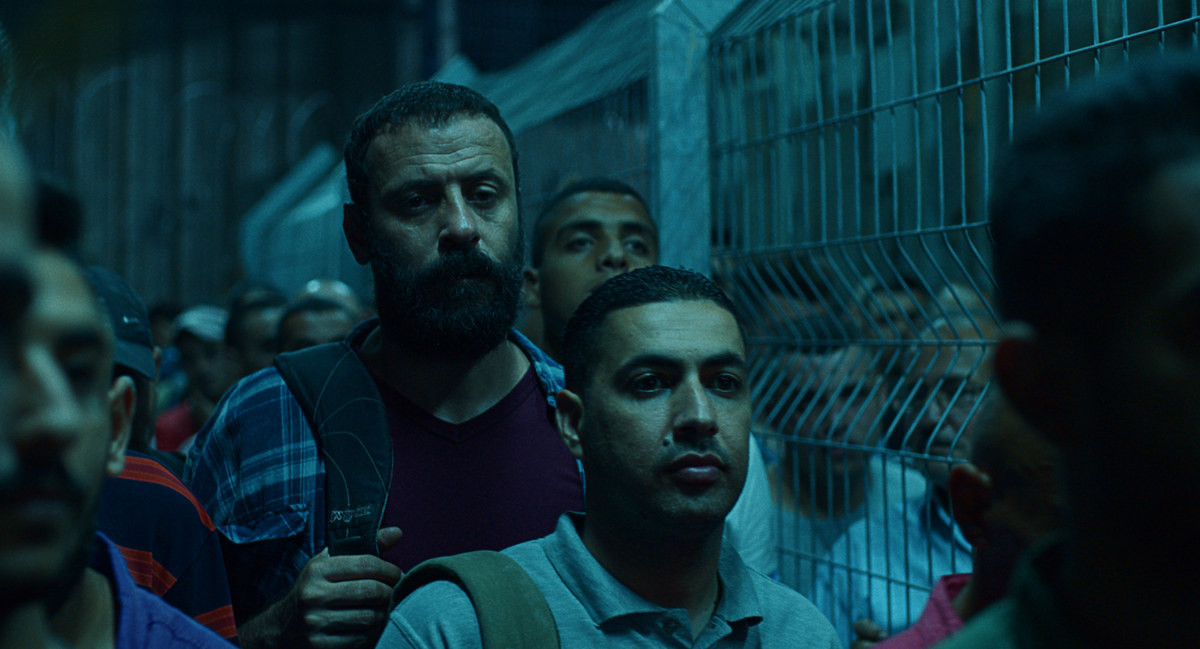
“200 Metres” by Ameen Nayfeh. (Supplied)
“There’s been a lot of cancellations of events to do with Palestine and Palestinian narratives,” she said. “So I think the best thing that we can do is not succumb to hopelessness. The fact that they’re trying to silence voices means those voices are significant. You don’t silence something that’s irrelevant. For example, the fact that the Israeli government tried to pressure Netflix into removing Darin’s film shows that it’s important.”
Agha hopes the podcast will appeal to a diverse audience, including non-Arabs.
“That, for me, is a really big thing. If we just talk to ourselves all the time, we won’t really get any further with reaching a wider audience,” she said.








